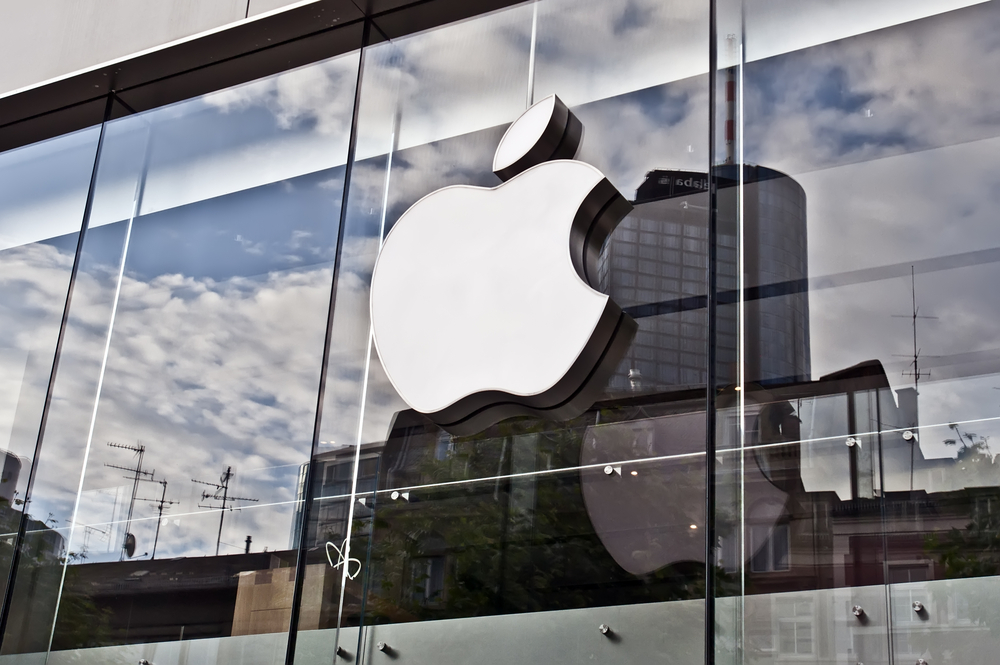Tech moguls Elon Musk and Tim Cook recently engaged in a Twitter exchange that brought to light the issue of tax practices in the technology industry. The conversation ignited discussions about corporate responsibility and financial transparency. In this article, we will delve into the details of their exchange and explore the broader implications it holds for modern technology companies.
Elon Musk’s Twitter Challenge:
In a thought-provoking tweet, Elon Musk questioned the tax practices of Apple, one of the world’s most valuable companies. Musk raised concerns about the amount of taxes Apple pays and how it utilizes tax loopholes. This tweet attracted significant attention from the public and sparked heated debates across social media platforms.

The Broader Implications:
Musk’s challenge to Apple’s tax practices is not only about the Cupertino-based tech giant but also extends to the entire technology industry. Many companies, both big and small, employ complex tax strategies and exploit loopholes to minimize their tax burdens. Such practices raise questions about corporate ethics and financial transparency, as they could potentially deprive governments of tax revenues that could be utilized for public welfare.
Corporate Responsibility:
The dialogue between Musk and Cook also sheds light on the role of corporate responsibility in the tech sector. With technology companies amassing significant wealth and influence, there is an increasing expectation from the public for them to contribute their fair share to society. As these companies profit from a global customer base, the question arises: should they bear a proportionate tax burden in the countries they operate in?
Governments and Regulatory Authorities:
This Twitter exchange has also put the spotlight on governments and regulatory authorities worldwide. Policymakers need to review and update tax laws to address the challenges posed by modern tech companies. Reforms in tax regulations could create a level playing field for businesses, ensure greater tax fairness, and enhance financial accountability.
Public Perception and Influence:
Elon Musk, with his vast following on Twitter, wields significant influence in shaping public perception. By calling out Apple, he has brought the issue of corporate tax practices to the forefront of public discourse. This influence highlights the power of social media in sparking discussions on matters of societal importance and holding corporations accountable.
The Way Forward:
As technology continues to shape the world, it is essential for companies and their leaders to reevaluate their financial practices and embrace greater transparency. The public’s expectations for corporate responsibility are only likely to increase, necessitating proactive measures from companies to address these concerns.
Elon Musk’s Twitter challenge to Apple’s tax practices has ignited a critical conversation about corporate responsibility, financial transparency, and the role of technology companies in society, notes NIX Solutions. By examining the broader implications of this exchange, we can better understand the need for a more equitable and ethical approach to taxation in the tech industry. As technology evolves, the spotlight on corporate practices will persist, urging companies to embrace positive change and contribute to the greater good.
